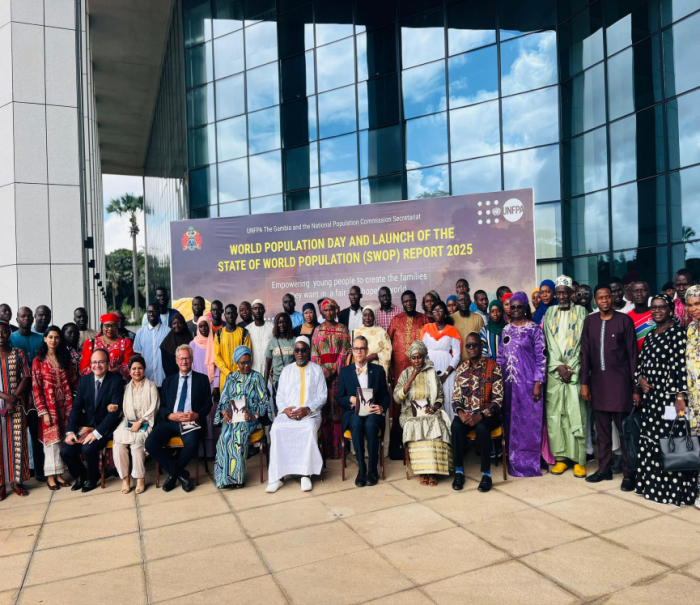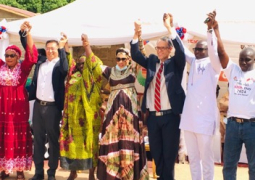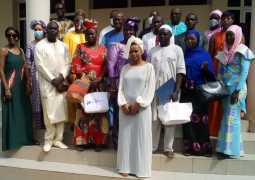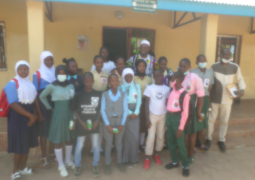
HE Muhammed B.S. Jallow made this call on Friday during the commemoration marking ‘World Population Day 2025’at a ceremony held at Sir Dawda Kairaba Jawara International Conference Centre.
Also, the event also marked the official launch of the 2025 State of the World Population Report, produced by UNFPA on the theme: “The Real Fertility Crisis: The Pursuit of Reproductive Agency in a Changing World.”
Addressing the gathering, VP Jallow underscored the importance of education in developing societies, reminding that career success entirely depends on whether young people, particularly girls and women, can exercise their reproductive agency, complete their education, access decent jobs, and live a life free from violence and discrimination.
He further noted that fertility rates in many parts of the world are declining, just as in the Gambia. Even within this context, many Gambians are unable to meet their reproductive intentions; whether that means having fewer or more children, youths face the challenge in answering reproductive agency.
“Adolescent pregnancy is a major barrier to education and economic mobility,” said Vice President Jallow, citing data that shows 14% of Gambian girls aged 15–19 begin childbearing, a situation that derails education and limits future opportunities’” he indicated.
He highlighted the need to address these issues, which he said, requires more than statistics.
Also speaking, Awa Bella Bah, a youth representative, reminded youth some of the resolutions developed to help address challenges young people in the countryface, which she said, call for improved access to youth-friendly reproductive health services, affordable healthcare, decent jobs, and inclusive education in The Gambia.
They also emphasised gender equality, environmental protection, legal reform, and youth involvement in policymaking, while also promoting media engagement and cultural change to support informed reproductive choices.
UNFPA Country Representative, Ndeye Rose Sarr, acknowledged the remarkable contribution of young people to national development and societies, noting that many young Gambians are unable to start families on their own terms due to unemployment, housing shortages, and lack of access to reproductive health services.
“The real population challenge is not about having too many or too few people, but about millions who cannot fulfil their reproductive goals,” she added.
UN Resident Coordinator, Karl Frederick Paul, also highlighted the need for policies that prioritise human dignity and sustainable futures, he said “Let’s ensure that families are planned by choice, not by chance.”
With youth making up 77% of the national population, the UN Resident Coordinator stressed the urgency of investing in health, education, employment, and gender equality to empower the next generation and ensure inclusive growth.
The event concluded with the symbolic launch of the global report and a unified call to action to remove the barriers that hold young people back and ensure that every girl has the right and the power to shape her future.
The evet was graced by officials, UN system in Gambia, youth reps among a host of others.





